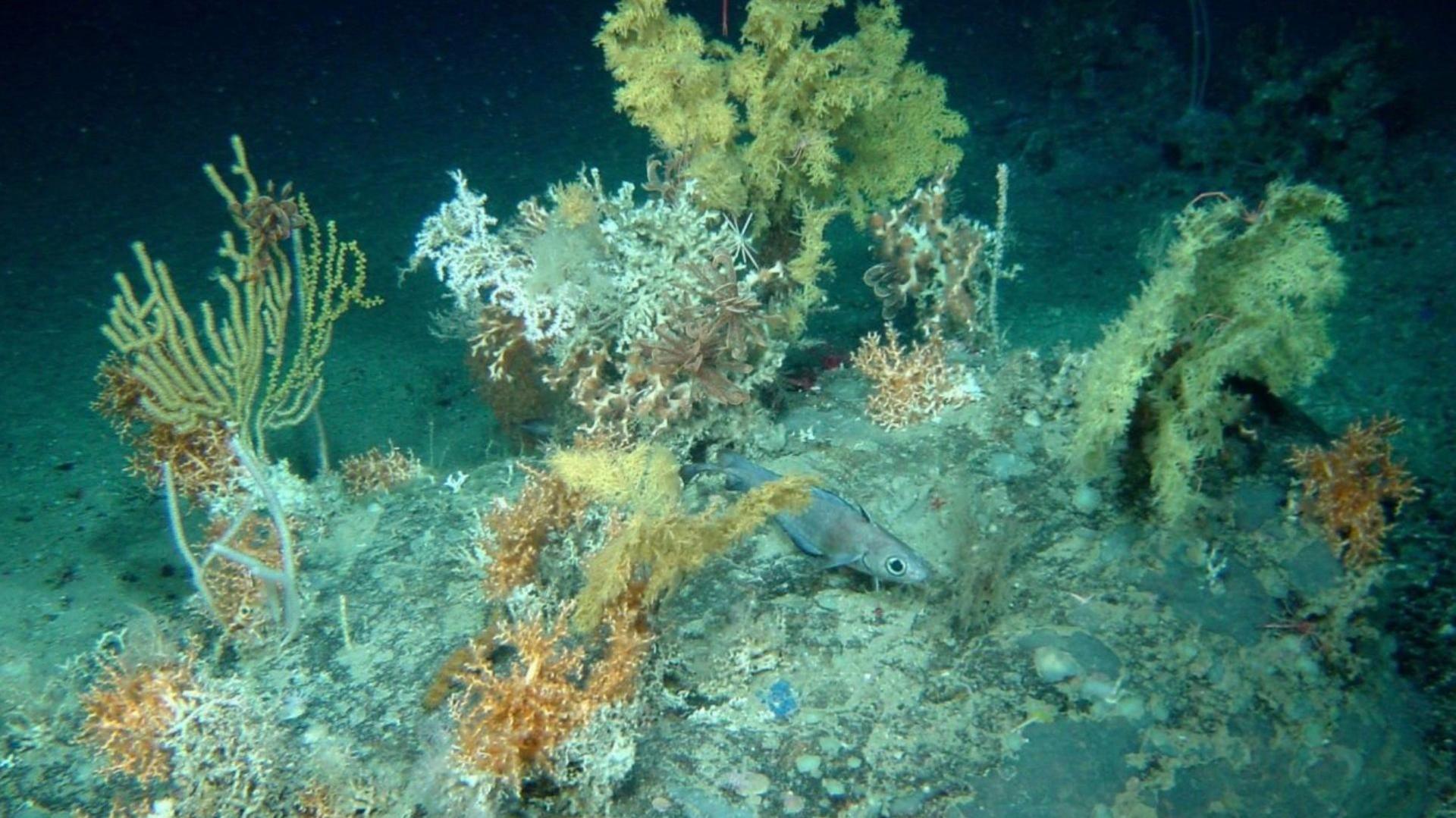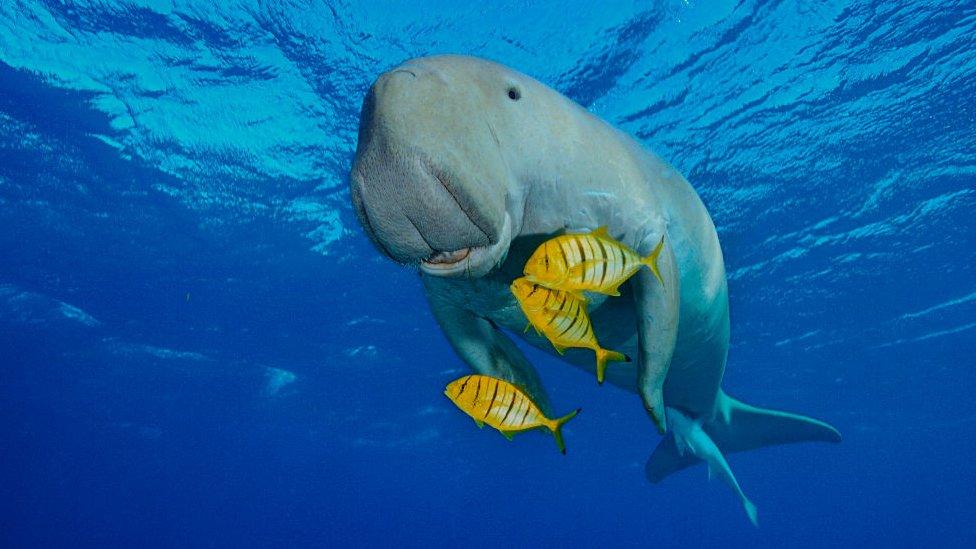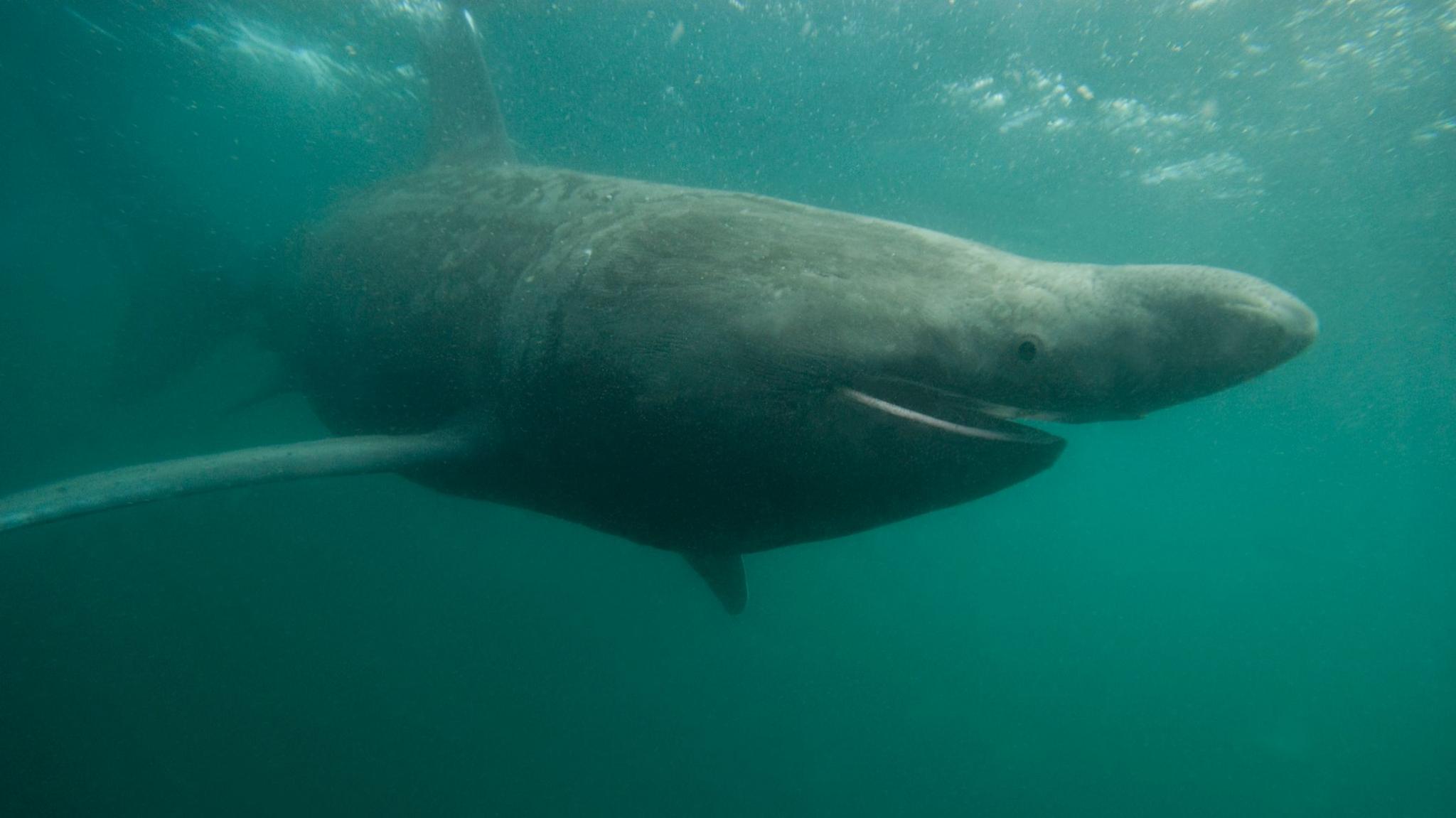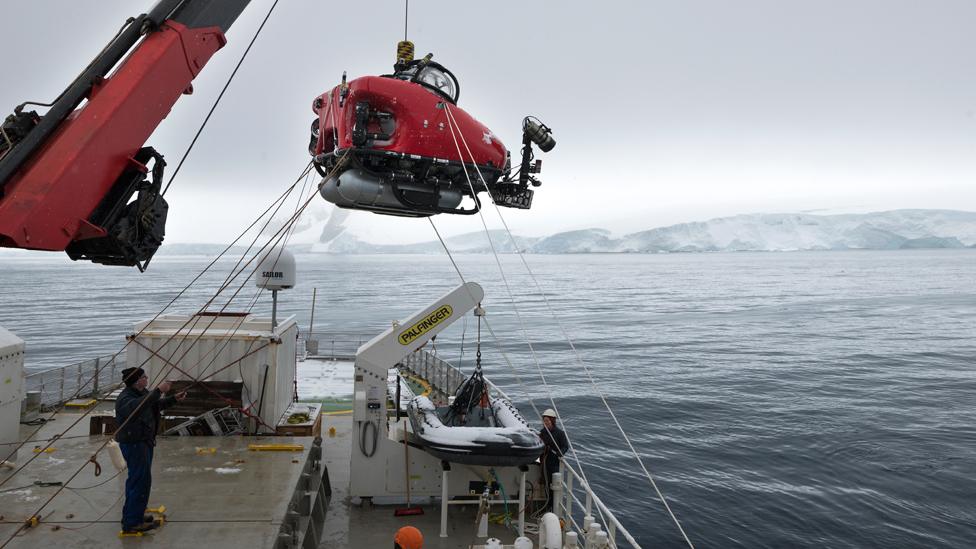Vulnerable deep-sea habitats to be mapped with AI

Artificial intelligence will be used to map ecosystems like cold-water coral reefs
- Published
Vulnerable deep-sea habitats will be mapped with the help of artificial intelligence (AI) in a study made possible by a £2m investment.
The Deep Vision project - run by Plymouth Marine Laboratory and the University of Plymouth - will study ecosystems such as cold-water coral reefs and sponge fields in the Atlantic.
The aim is to build the largest-ever dataset of these habitats and help shape legal protections.
Leader of the project, Kerry Howell, said: "As the deep-sea becomes more accessible for exploitation, there is an urgent need to map its ecosystems to enable the conservation of biodiversity in this, the last wild frontier on Earth."
She said AI could quickly and accurately tag thousands of deep-sea images.
The project will be funded by the Bezos Earth Fund as part of its AI for Climate and Nature Grand Challenge.
Follow BBC Devon on X, external, Facebook, external and Instagram, external. Send your story ideas to spotlight@bbc.co.uk, external.
Related topics
- Published9 December 2022

- Published18 June

- Published23 January 2018
